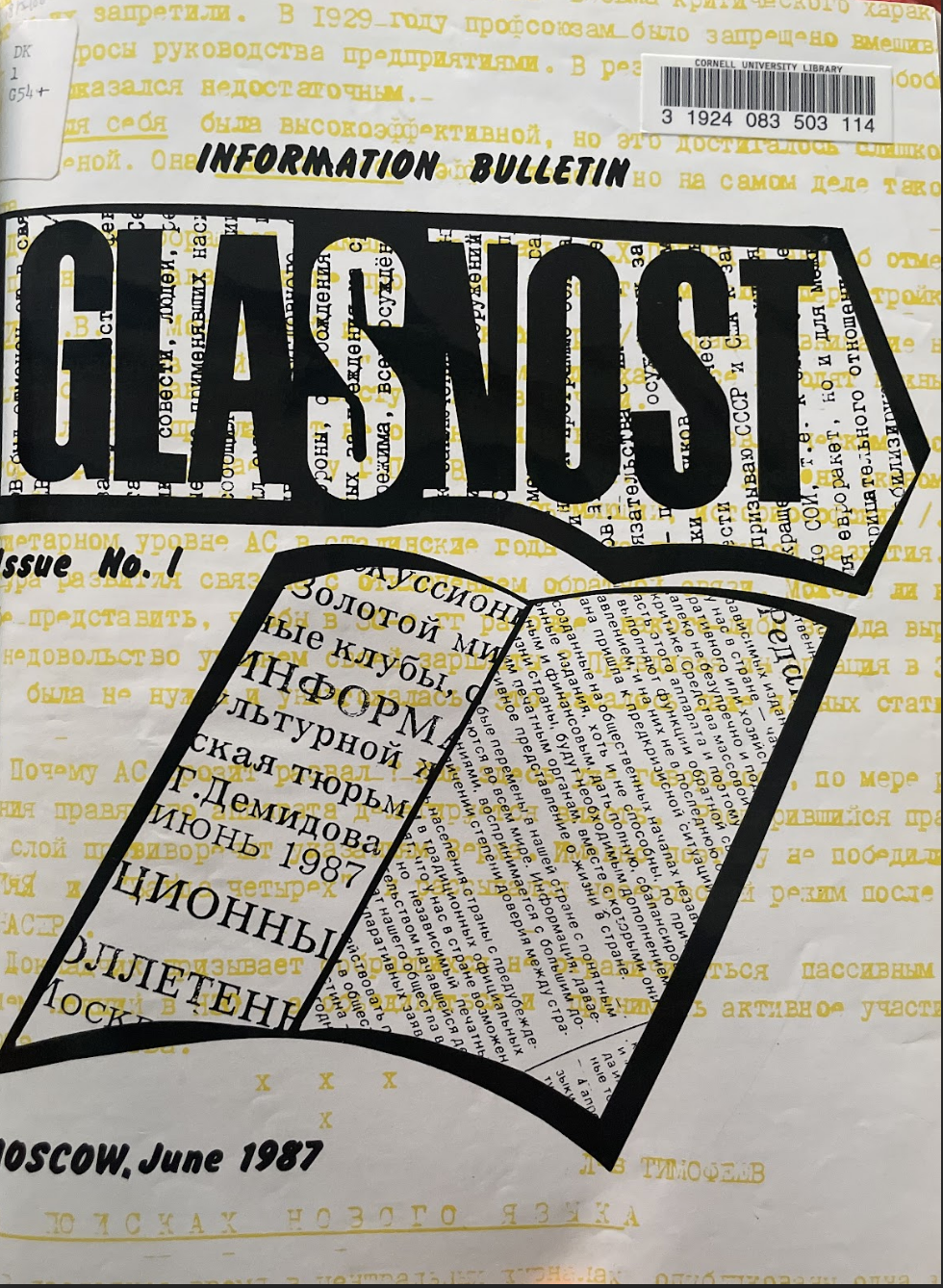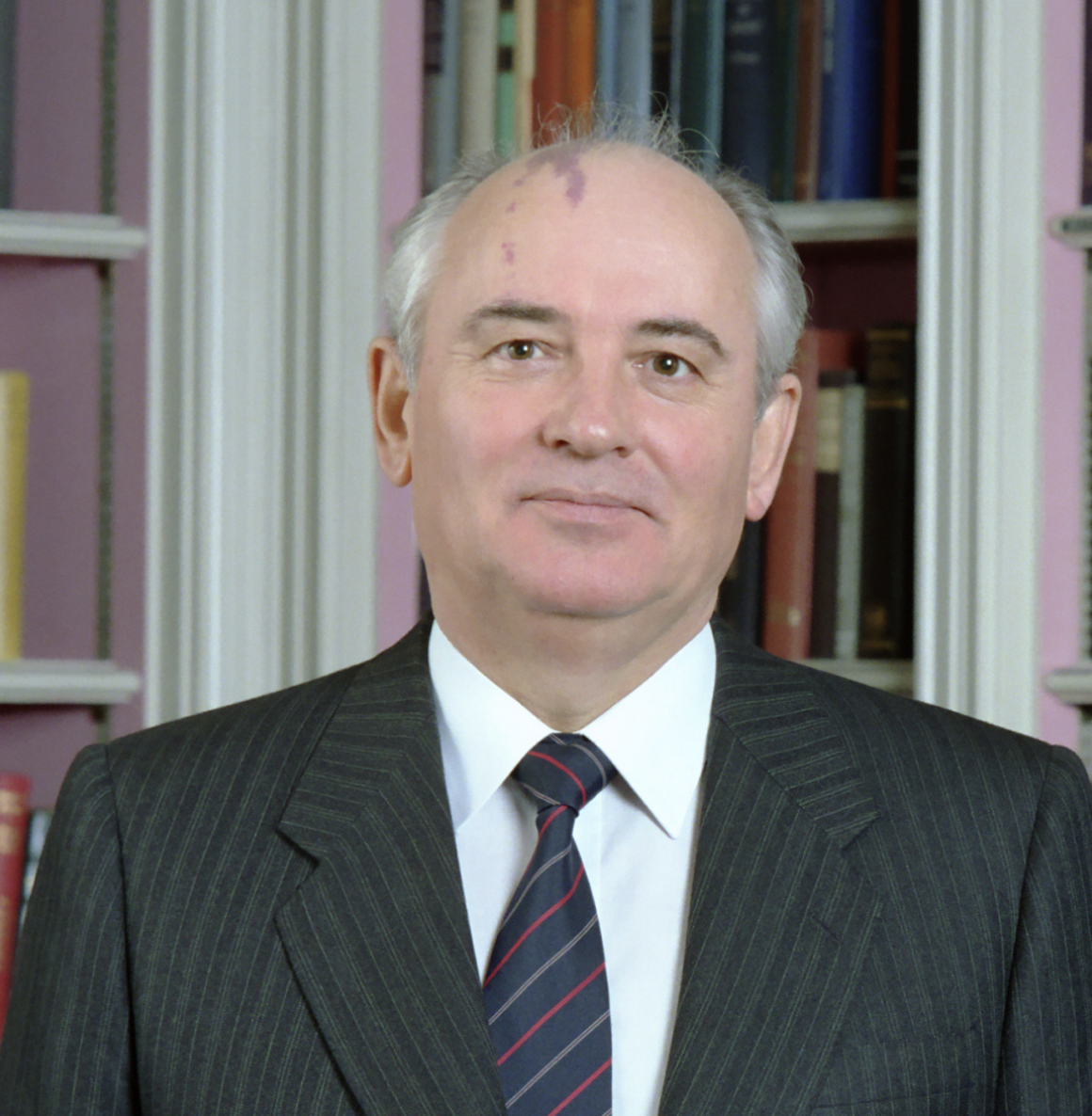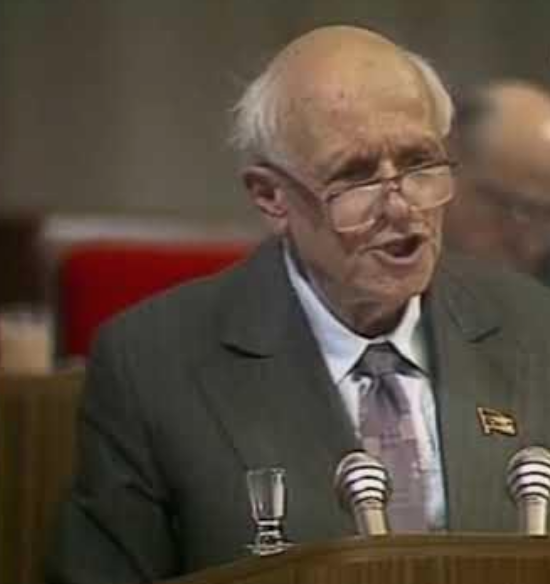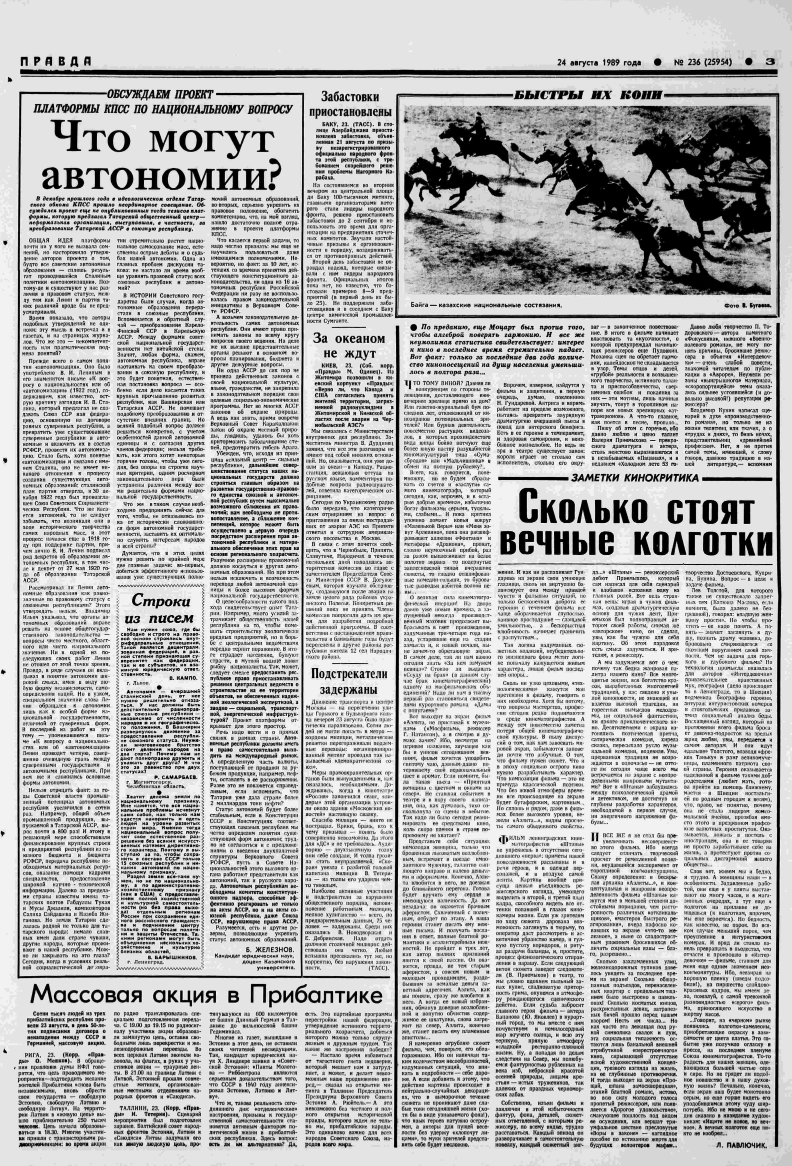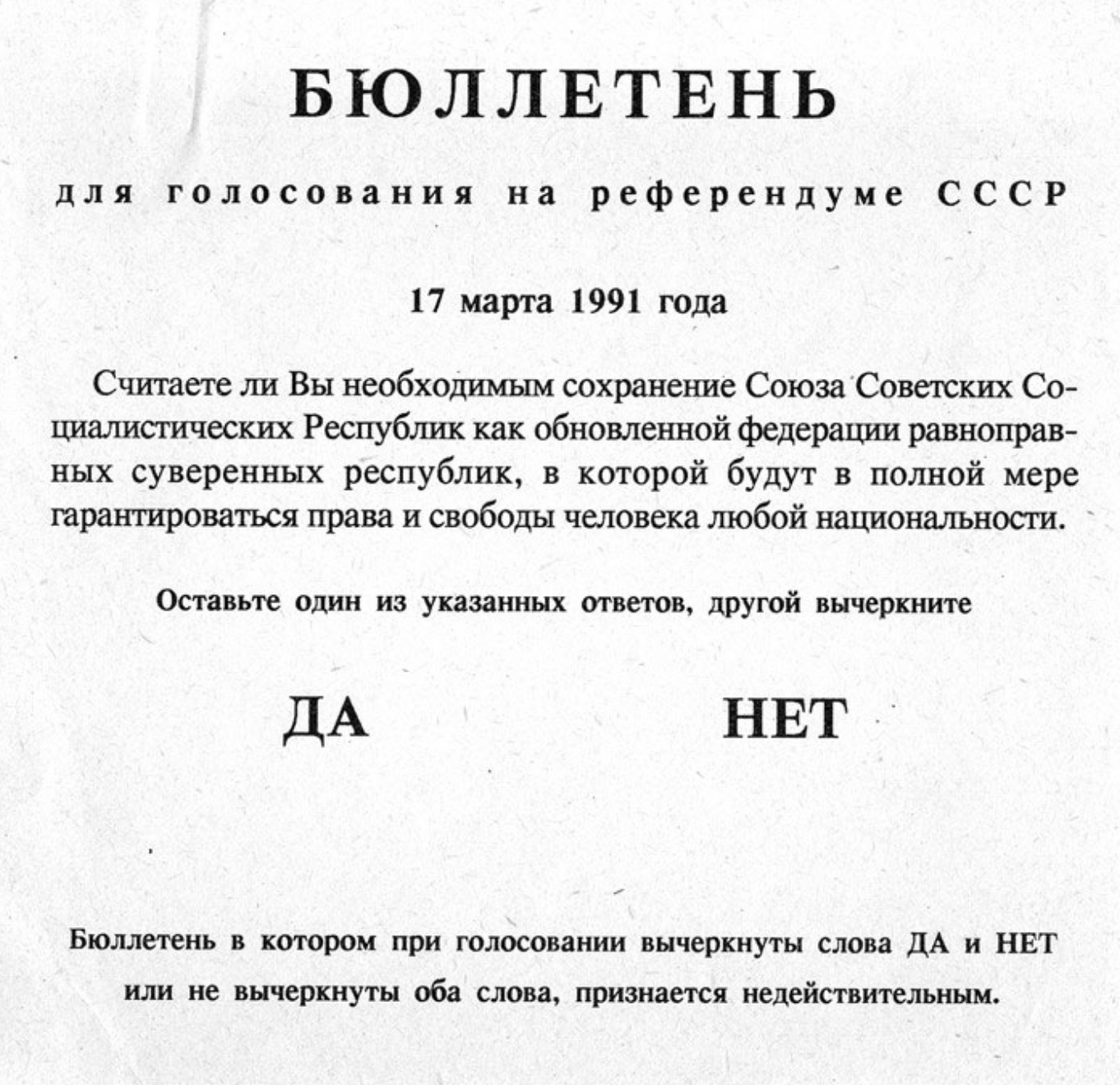Explore:
"Glasnost. Information Bulletin"
The front cover of Glasnost. Information Bulletin from 1987, along with the Editor’s introduction to the first issue. One the first self-published journals to be released during perestroika, Glasnost was an early instance of the fledgling independent late-Soviet press.
Gorbachev's speech on socialist democracy
A 1987 speech by Soviet Communist Party General Secretary Mikhail Gorbachev (1931-2022) on the significance of his signature policy, perestroika.
Yeltsin's campaign for the Congress of People's Deputies
In 1989, Boris Yeltsin (1931-2007) capitalized on the gains of glasnost to secure widespread support for his candidacy to the Congress of People’s Deputies, overcoming a contentious past with General Secretary Mikhail Gorbachev (1931-2022) and emerging as a popular figure against conservative elements inside the Soviet Communist Party.
Sakharov's "Decree on Power"
Just five months before his death, Nobel Peace Prize-winning physicist and dissident Andrei Sakharov (1921-1989) spoke out at the USSR’s First Congress of People’s Deputies, defying Mikhail Gorbachev (1931-2022) to advocate for a multi-party system in a speech broadcast live to millions—yet silenced within the Congress hall itself.
Human Chain Across the Baltic Republics
Pravda’s (1911-) coverage of the Human Chain on 24 August 1989, documenting the previous day’s political action by hundreds of thousands of Lithuanians, Latvians, and Estonians, who linked together in a 600-kilometer-long “living chain” (zhivaia tsep’) that stretched from Tallinn, Estonia to Vilnius, Lithuania.
1991 Referendum on Preserving the Union
Documentation of the 17 March 1991 referendum in which Soviet voters weighed in on whether it was “essential” to “preserve the USSR” as a federation of “equal sovereign republics.” 80% of the eligible population participated, with 77.8% of that number voting YES.
